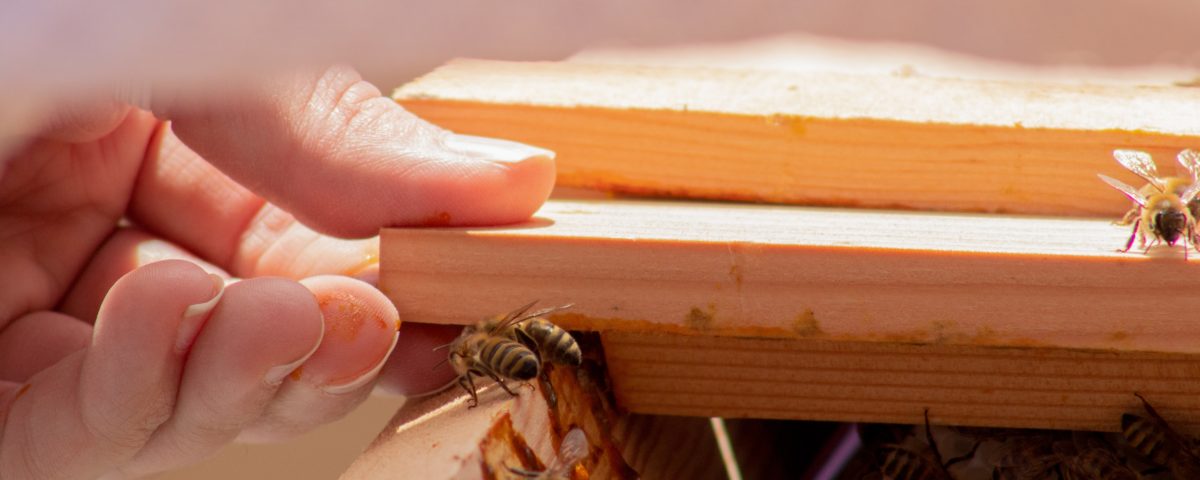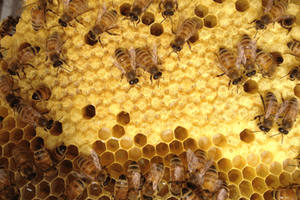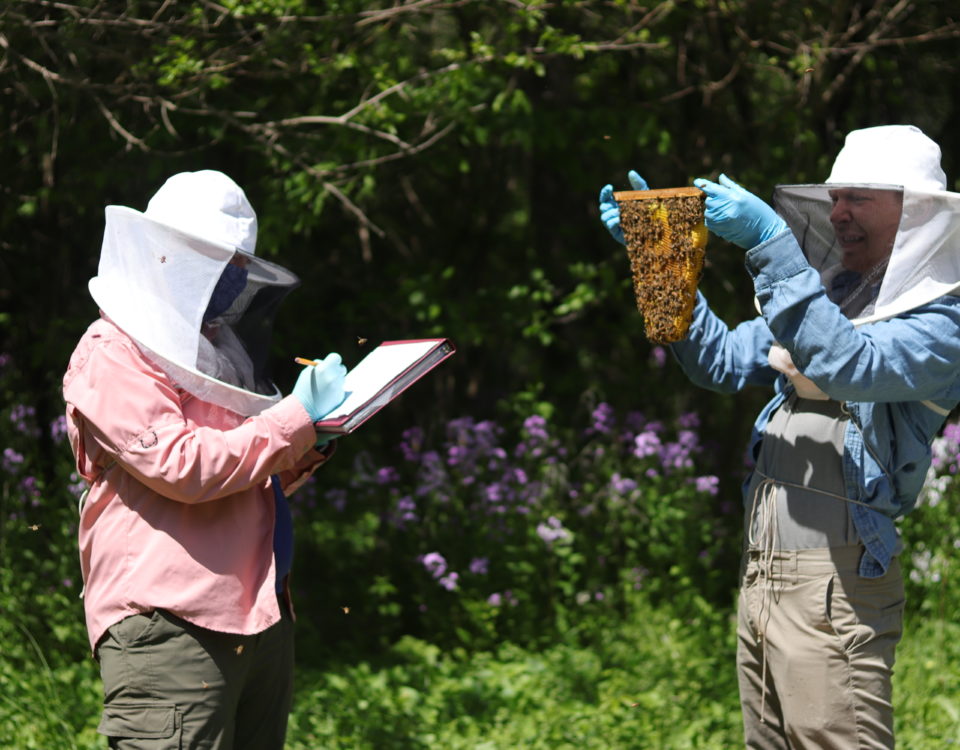- All-In-One Beekeeping for the Bees
- +1-608-728-8233
- info@beepods.com
Are Probiotics Really Going to Save the Bees?

Probiotics or not? It's up to you

Are probiotics going to save honey bees? It depends
Yogurt. Kefir. Gut health. Probiotic supplements. I bet these are familiar words for you! Gut health and probiotics aren’t just popular with humans right now. Many beekeepers use probiotics for their colonies in order to boost their immune systems and make them less vulnerable to diseases and insults like colony collapse disorder. However, the debate continues on whether probiotics for bees are a golden ticket or just another jar of snake oil.
In order to understand whether probiotics help honey bees, we have to look at the honey bee microbiome and the current research about using probiotics for bees.
The Honey Bee Microbiome
The microbiome is all the bacteria that live in our systems in relative harmony. For honey bees, we consider the bacteria that live in their alimentary canal – from mouth to anus. These bacteria seem to contribute positively to nutrition, digestion, and defense against pathogens when in the right quantities and appropriate balance.
We know from DNA sequencing that Apis mellifera has guts that contain eight or so main species of bacteria which account for 95% of the sampled bacteria. This list includes Snogdrassella alvi, multiple species of Lactobacillus, and Bifidobacterium.
While we aren’t 100% sure of the specifics, research seems to indicate that honey bees develop their microbiome early on, during their pupal stage. Since the bacteria isolated from pollen and nectar are also found in the honey bee’s gut, a nutritious diet could play a role in helping honey bee colonies maintain a healthy microbiome.
So, does feeding your honey bees probiotics provide extra benefits?
Research on Bee Probiotics
Whereas the research on bee learning is somewhat robust, there isn’t clear and conclusive research on the use of probiotics with honey bees. Part of the challenge of researching a microbiome, and the effects a probiotic supplement would have on it, is that there are a lot of moving pieces.
Honey bees gather pollen and nectar from a wide variety of flower resources. Each individual bee has its own combination of beneficial bacteria in its alimentary canal. The bacteria in the honey bee microbiome regularly fluctuate in numbers and interact with each other in ways we still don’t understand.
With so many variables, it’s tough to pin down what impacts what and how. But, a recent study out of Western University found that, after giving some colonies a probiotic, the bees were better able to defeat an American Foulbrood infection. This is promising! However, there are many other studies that show minimal if not negligible positive effects from probiotic supplementation.
Keep in mind, it’s hard to know what accounted for the bees’ survival against the American Foulbrood infection in the aforementioned study. Was it hardy genetics? Was it the probiotics? Did the colony have excellent nutrition, which we know helps honey bee colonies overcome disease?
Any study that shows positive benefits from probiotics needs to be replicated in order for us to presume any sort of net positive and widely recommend the use of probiotics for bees. In the meantime, consider what your best bet is as a beekeeper looking for your colony to survive and thrive.
Colony Health: What to Know

Probiotics or not? It’s up to you
There are plenty of companies out there selling probiotics for bees. If you choose to give a probiotic a go, double-check that it contains strains that are naturally found in the honey bee’s alimentary canal. Also, proceed with caution: We don’t know if probiotics could throw off the delicate balance of a honey bee’s microbiome, and we know that anything that does offsets bacterial balance is categorically bad for the bees.
Take the examples of pesticides and antibiotics. Pesticides can wipe out beneficial honey bee bacteria, and antibiotic use can actually make honey bees more vulnerable to pathogens in the long-term, even if there are short-term gains.
Additionally, we know that honey bees that are well fed on a diverse source of nectar and pollen have better defenses against pathogens. Making sure your honey bees have access to high-quality forage is one of the best actions you can take as a beekeeper for the bees. If you want to learn more about honey bee nutrition, check out our blogs on honey nutrition and pollen nutrition.
Final Thoughts
Your relationship with your honey bees is a personal one, and you ultimately know your bees better than anybody else. That means the decisions you make on behalf of them must make sense for your particular situation. If you choose to try probiotics, brush up on the honey bee microbiome so that you ensure your colony’s success.
Caitlin Knudsen
Latest posts by Caitlin Knudsen (see all)
- How to Change Your Students’ Lives With Project-Based Learning - November 20, 2020
- Watch The Pollinators to See How We Can All Choose to Change Agriculture - November 13, 2020
- 6 Cold Weather Feeding Tips You Have to Know - November 6, 2020



